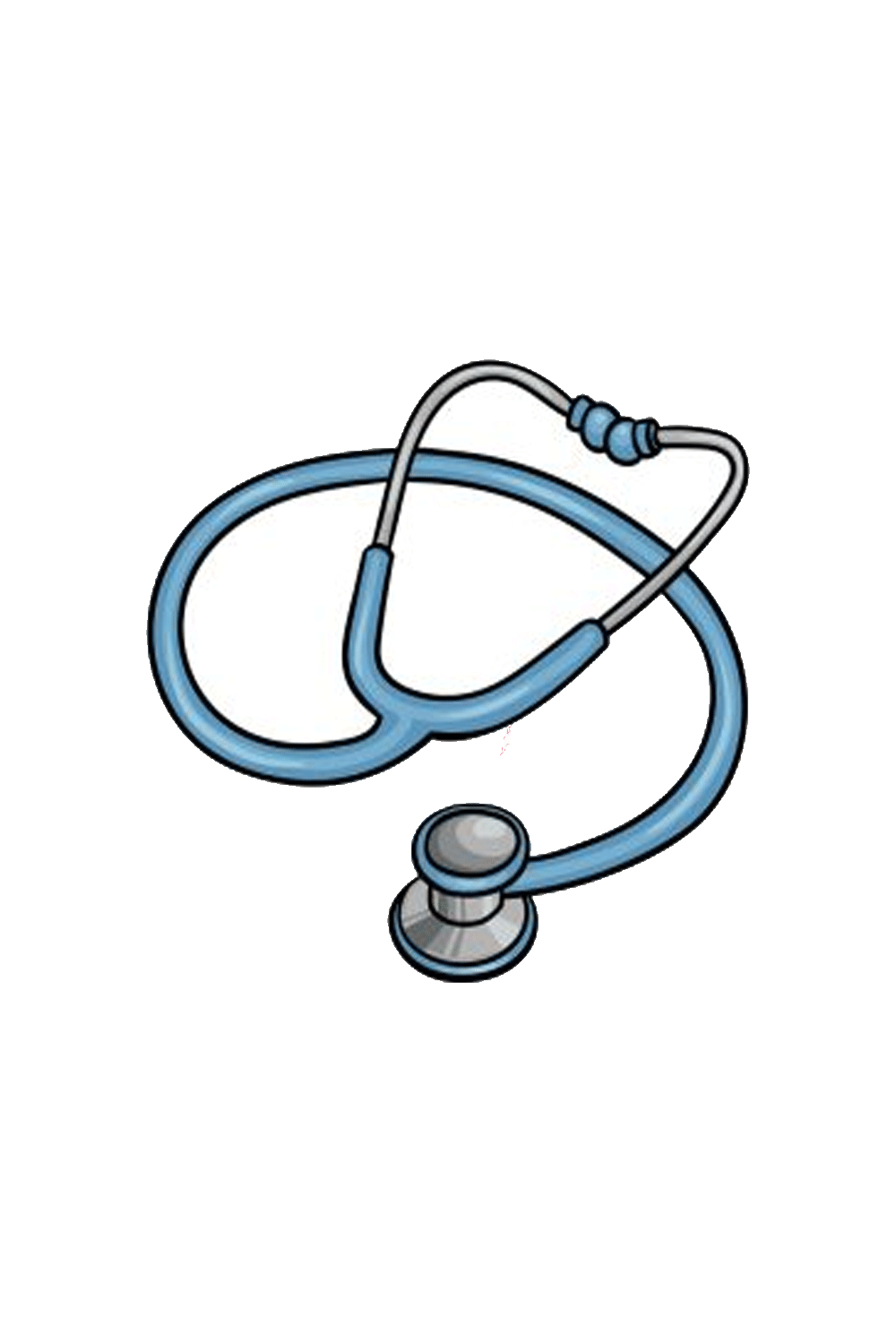Nursing requires diverse skills, from clinical expertise and critical thinking to effective communication and advocacy. One of the often-overlooked skills in nursing is the ability to write influential nursing papers. Writing nursing papers is a powerful tool that can promote critical thinking, improve communication skills, advance nursing knowledge, enhance professional development, and influence healthcare policy. Whether conducting original research, synthesizing existing evidence, or providing recommendations for clinical practice, nursing papers can significantly impact patient care and healthcare outcomes. In this essay, we will explore the power of writing nursing papers and how it can benefit both individual nurses and the nursing profession.
Here are some of how writing nursing papers can be beneficial:
Promotes critical thinking:
Writing nursing papers requires a nurse to think critically about their patients and the care they are providing. This helps them to develop a deeper understanding of their patient’s needs and to make informed decisions about their care.
Writing nursing papers promotes critical thinking in several ways. Firstly, nurses need to analyze and synthesize a wide range of information from different sources, such as patient charts, medical records, and research studies, to develop their ideas and arguments. This requires them to evaluate the credibility and relevance of different sources and determine the most appropriate information for their papers.
Secondly, nurses need to think deeply about the care they provide to their patients and reflect on their interventions’ effectiveness. They must consider the patient’s medical history, current condition, and other factors affecting their care. By doing this, they can identify areas where improvements can be made and develop strategies to optimize patient outcomes.
Finally, writing nursing papers also requires nurses to think critically about the ethical implications of their decisions and actions. They must consider the potential risks and benefits of different treatments and interventions and balance the patient’s needs with their duty to provide safe and effective care.
Improves communication skills:
Writing nursing papers helps nurses to improve their communication skills. They learn to communicate complex medical information clearly and concisely, which is essential when working with other healthcare professionals.
Writing nursing papers can also improve a nurse’s communication skills. Firstly, nurses need to present complex medical information clearly and concisely, using appropriate terminology and language that is easily understandable by other healthcare professionals. This requires them to logically organize their thoughts and ideas and use effective writing techniques such as headings, bullet points, and summaries to convey their message.
Secondly, writing nursing papers also helps nurses to improve their writing style and grammar, which are essential for effective communication. This helps avoid miscommunication and ensures that the intended message is accurately conveyed.
Thirdly, writing nursing papers can also enhance nurses’ ability to collaborate with other healthcare professionals. By presenting their ideas and findings in a clear and organized manner, nurses can effectively communicate their knowledge and expertise, which can help to build trust and respect among their colleagues.
Advances in nursing knowledge:
Nursing papers advance nursing knowledge by documenting new research and best practices. By sharing their findings, nurses can help to improve the quality of care provided to patients.
Writing nursing papers plays a crucial role in advancing nursing knowledge. By documenting new research and best practices, nurses can contribute to developing evidence-based knowledge that can inform and improve patient care.
One way in which nursing papers can advance nursing knowledge is by reporting the results of original research studies. Nurses can research topics such as patient outcomes, disease prevention, and healthcare quality improvement. By sharing their findings in nursing papers, nurses can help expand their field’s knowledge and provide evidence to support new or improved interventions and treatments.
Nursing papers can also advance nursing knowledge by synthesizing existing research and best practices. Nurses can critically analyze and evaluate research studies, clinical guidelines, and other sources of evidence to develop recommendations and guidelines for clinical practice. By synthesizing and summarizing the latest research and best practices in nursing papers, nurses can help bridge the gap between research and practice and promote evidence-based care.
Enhances professional development:
Writing nursing papers can enhance a nurse’s professional development by demonstrating their expertise in their field. This can lead to new career opportunities and professional recognition.
Writing nursing papers can also enhance a nurse’s professional development. By demonstrating their expertise and knowledge in their field, nurses can build their professional reputation and establish themselves as thought leaders and experts in their areas of specialization. This can lead to new career opportunities and professional recognition.
In addition, writing nursing papers can help nurses to develop their critical thinking and analytical skills, which are essential for success in the nursing profession. These skills can also be applied to other areas of nursing practice, such as patient care, quality improvement, and leadership.
Furthermore, writing nursing papers can also help nurses to keep up-to-date with the latest research and best practices in their field. By reviewing and synthesizing the latest research, nurses can stay current with the latest trends and developments, which can inform their clinical practice and improve patient outcomes.
Influences on healthcare policy:
Nursing papers can significantly impact healthcare policy by informing policymakers about best practices and evidence-based care. This can lead to improvements in healthcare delivery and outcomes.
Nursing papers can also influence healthcare policy by providing evidence-based information and recommendations to inform policy decisions. Nurses have a unique perspective on healthcare, as they are involved in direct patient care and deeply understand the challenges and opportunities facing the healthcare system.
Nursing papers can provide policymakers with data on patient outcomes, quality of care, and healthcare costs, which can inform the development of policies that promote better health outcomes and more efficient use of resources. For example, nursing research has been instrumental in developing policies to reduce healthcare-associated infections, improve patient safety, and address health disparities.
In addition, nursing papers can provide policymakers with recommendations on best practices for clinical care, education, and training. These recommendations can inform policy decisions related to workforce development, training, and education programs and provide resources and support for nurses.
Conclusion:
In conclusion, writing nursing papers is a crucial skill that can significantly impact the nursing profession and the quality of care provided to patients. By promoting critical thinking, improving communication skills, advancing nursing knowledge, enhancing professional development, and influencing healthcare policy, nursing papers can play a decisive role in improving patient outcomes and shaping the future of healthcare. As nurses continue to face new challenges and opportunities in the evolving healthcare landscape, the ability to write influential nursing papers will remain a critical tool for success. By recognizing and harnessing the power of writing, nurses can make a valuable contribution to their profession and the health and well-being of their patients.



